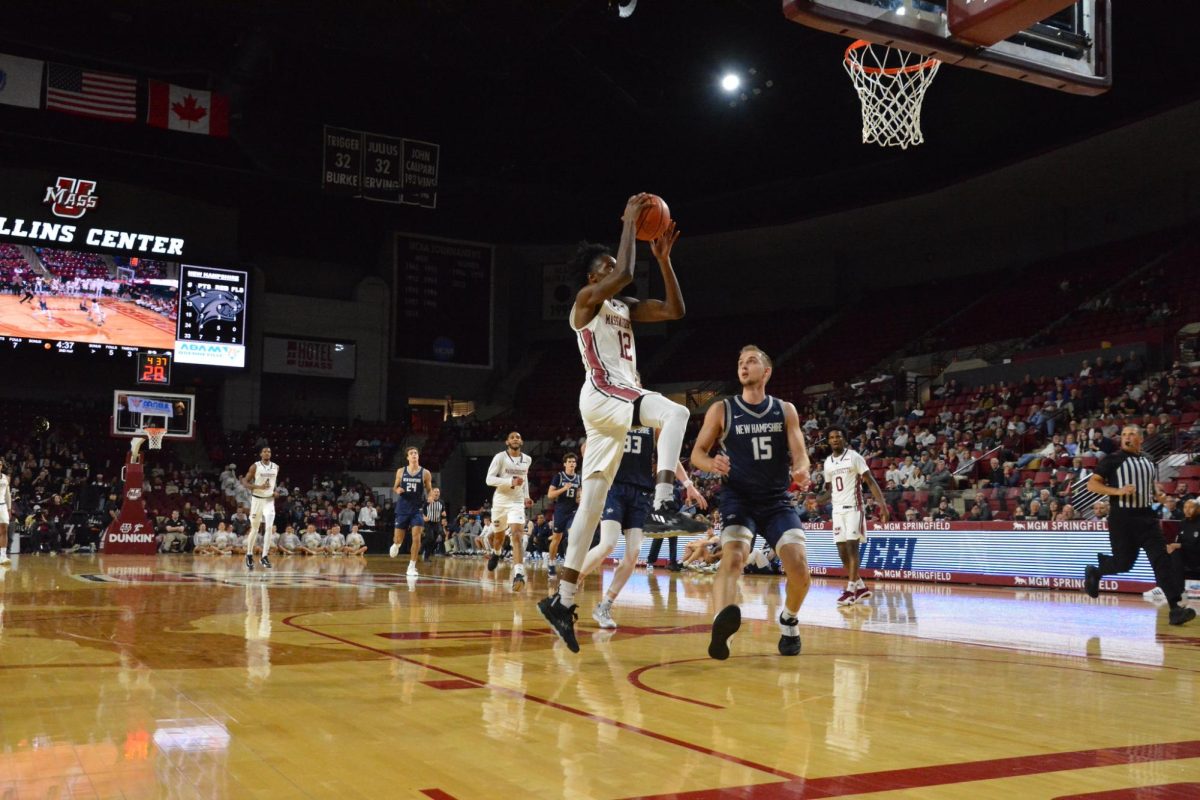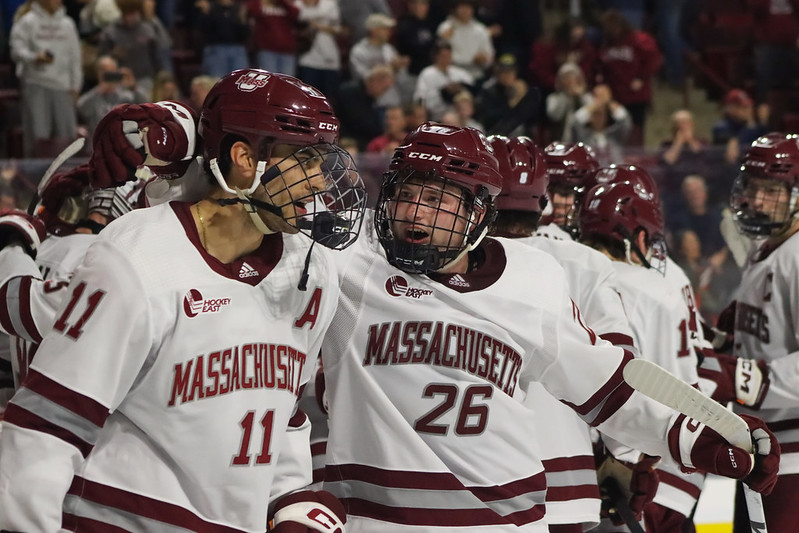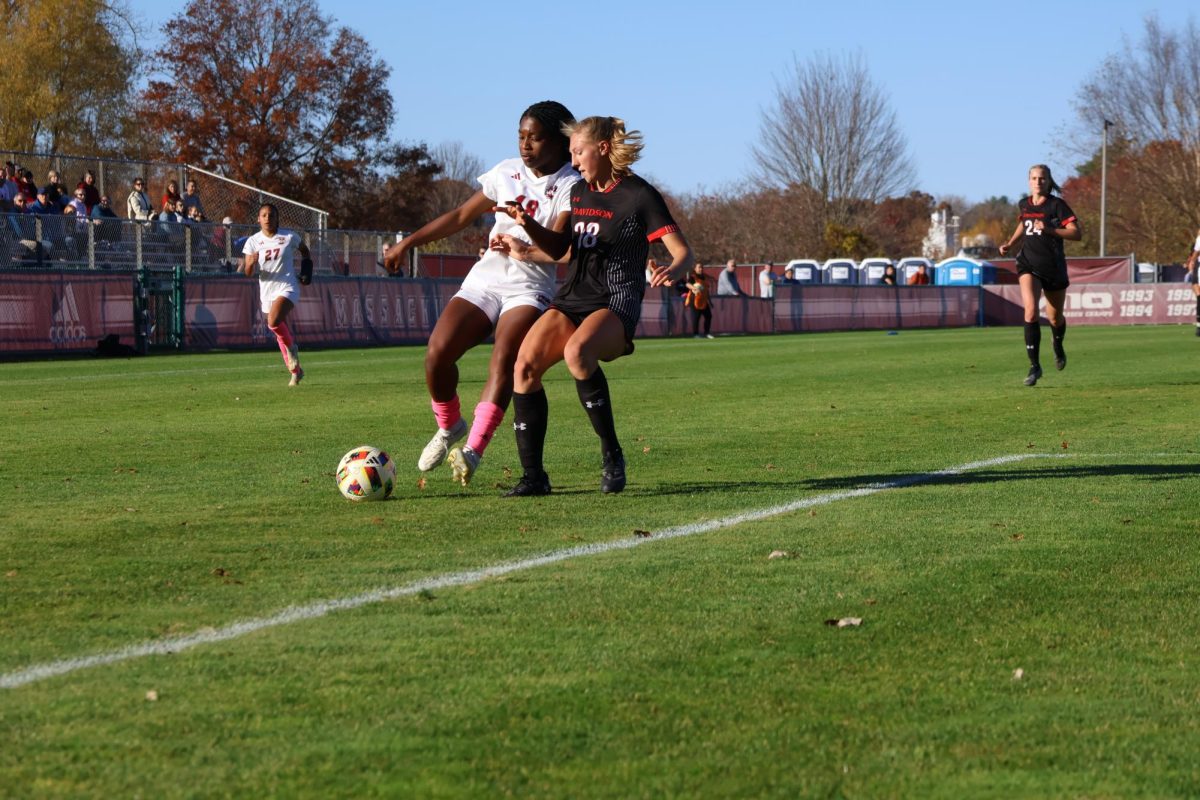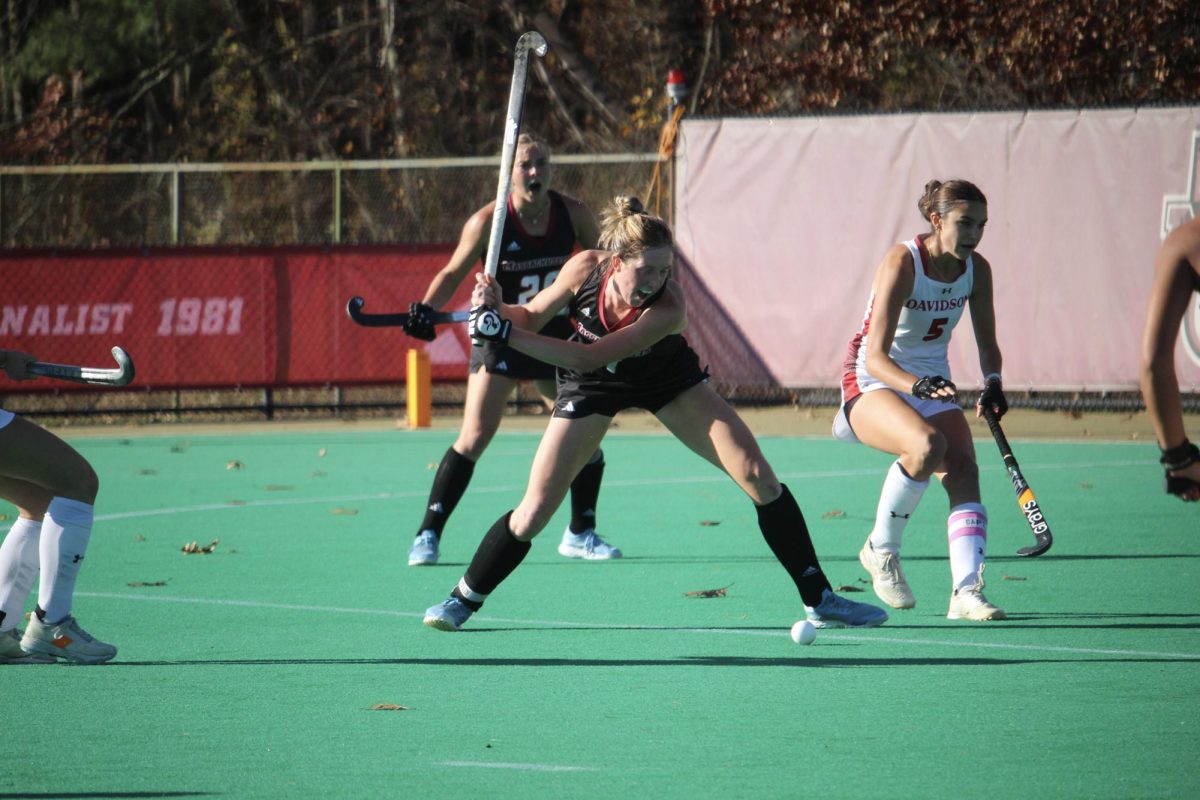We have Monday off, thanks to my father. And my grandfather. And my friends Adam, Brian and Doug. Oh, and my high school principal.
We have Monday off because of these men, and hundreds of thousands of men and women that have served the United States of America during times of war.
America has only in its recent history returned to its tradition of honoring veterans. The end of the First World War at the eleventh hour of the eleventh day of the eleventh month of 1918 signified a new peace, and the million boots that went slogging through hell were honored with Armistice Day, Nov. 11, 1919. Speeches, parades, ceremonies and the like were held all over the country to remember the sacrifice that these young men made so that freedom could continue. It was a celebration of peace, and those who fought to provide it.
Of course, it took twenty years for it to become a federal holiday. This was after America was struggling through the Great Depression, and the government scorned America’s veterans. Hungry veterans who were promised bonuses for their service “over there” gathered around Washington, DC in 1932, demanding their monies now, so they could feed their families. President Hoover deployed troops against them, and destroyed their makeshift homes. People wanted to forget World War I. They wanted to focus on America and avoid getting involved in other countries affairs.
Which is why we sat almost idly by and watched Hitler and Tojo gobble up territory. The reluctance to repeat World War I froze any talk of creating new veterans. That all changed when America was attacked at Pearl Harbor. More veterans were created, and seared names and units into our heads, just as the war before had done. Sergeant York, Ypres and Dunkirk gave way to the 101st, the Marines, Guadalcanal and the Bulge. Just the word Normandy carries great weight.
But when those new veterans returned, there wasn’t a day for them. There were specific days that celebrated the end of the combat in both theaters, but nothing to celebrate the sacrifice of the veterans. In fact, it wasn’t until 1954 that the Armistice Day was designated to celebrate all veterans. The bill was signed a little over a year after the Korean War was fought. 36,570 soldiers had been killed in Korea. 103,284 were wounded. When the cease fire was signed in 1953, over 7,000 soldiers were prisoners of war. The Korean War was largely forgotten by America, as were its veterans. No parades greeted them; no ceremonies honored them. Now, 50 years later they are getting their recognition — these forgotten heroes of a forgotten war. They are forgotten no more.
Vietnam. Vietnam colored America’s view of soldiers in such a bad light that the soldiers who went to war were spat upon on when they returned. America mistreated its soldiers, who had no choice in the matter. They didn’t choose to fight, but they had to. They did their duty and the American people hated them for it.
We can never make up to the veterans of our Asian wars for the treatment they got when they came home. Unfortunately, the WWII veterans are dying out. The handful, and it is truly a handful, of WWI vets are fading fast. Korean War, Vietnam and Gulf War veterans need our thanks. The Gulf War veterans did get a parade. But it’s just a start. They deserve more. So do the men and women who served in small conflicts for the United States: Panama, Grenada, Nicaragua, Somalia, Bosnia, and others I’m sure I’m forgetting, but they never will.
Veterans are everywhere. They’re the janitors, the doctors, the bosses, the teachers, the friends, and the co-workers of all of us. You can’t always tell by appearance. They no longer wear a uniform. The medals aren’t omnipresent. Their war is over, but for that brief moment, it seemed as if it would never end. Every one of us owes an unimaginable debt to the men and women who served the United States in defense of democracy. Our thanks; one simple action acknowledging their sacrifice is worth as much as any medal. On Nov. 11, every one of us should at least thank a veteran. It’s not enough. Nothing can repay the debt. But a simple thank you, at the very least, for our day off, can mean so much to them.
So thanks Dad. Thanks Adam. Thanks Brian. Thanks Doug. Thanks Mr. Driscoll. Thanks for giving up a lot and doing a tough job when your country needed you to. Thanks for securing the freedom for me to write for a newspaper, for me to worship however I want. I wish I could say more. I wish I could do more. But it’s nice that we get an entire day set aside for us to do that. We have 24 hours to make up for years of neglect. We have 24 hours to say thanks.






